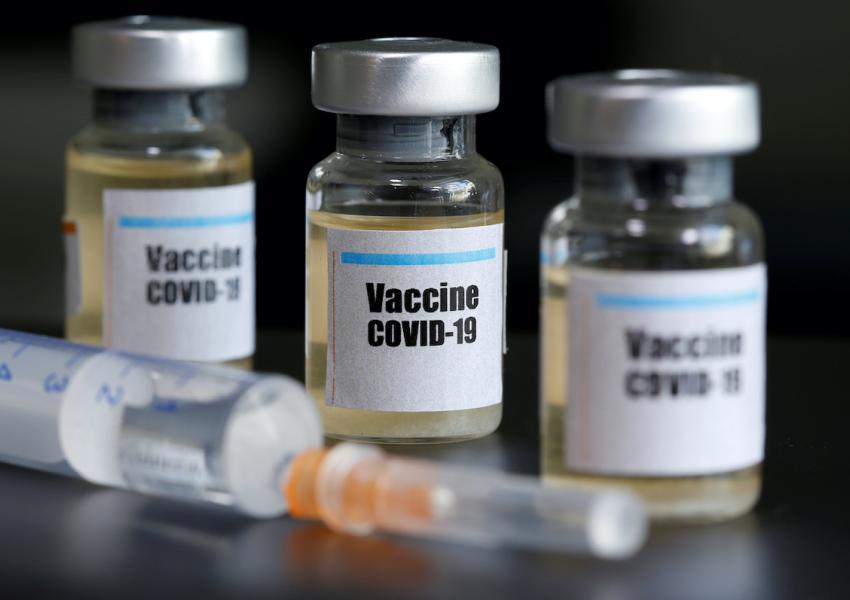
Iran Health Official Accuses Companies Of Corruption In Vaccine Imports
Kianoush Jahanpur, spokesman for Iran's Food and Drug Administration, Monday [May 3] warned of corruption in Covid vaccine imports for the government by the private sector and said the price some private companies have stated in their invoices (pro-forma) is up to 12 times higher than the real price of the vaccines they intend to import.
Speaking to private-sector representatives in a virtual session on the application Clubhouse, Jahanpur alleged that some private companies, who can access dollars at a rate lower than open market rates to buy vaccines, had claimed prices in their pro-forma invoices up to 12 times the actual price of the vaccines.
Jahanpur claimed some had demanded $50 for AstraZeneca vaccines costing $4. He said companies had said they planned to import 20 million doses of the Russian Sputnik V vaccine, which he said was well beyond the level of Russian production.
So far three companies, still unidentified, have received the health ministry's license, but actual imports have not been made yet and the licensed companies have not been named. Many influential companies in Iran have ties to powerful groups or individuals in the ruling elite.
Before Rouhani's announcement, on April 18 the Food and Drug Administration spokesman had insisted that any imports would be through the health ministry and part of the free vaccination campaign within the framework of the National Covid Vaccination Plan which is due for completion by March 2022. Among Iran’s neighbors, the United Arab Emirates recently started offering vaccines to those able to pay.
According to the Iranian Customs Organization, so far 3.1 million doses of vaccinee purchased from Russia (720,000), China (1,650,000), India (125,000) and South Korea (700,800 doses through Covax) have reached Iran, but vaccination is moving slowly. Slightly over 1 percent of the population – mainly health and other essential workers – have received 1.25 million jabs.
Iran's efforts were hindered by controversy over importing United States and British vaccines after Supreme Leader Ali Khamenei banned vaccine imports from western countries on the grounds that they could not be trusted.
On Monday, Alireza Raeesi, spokesman for the National Coronavirus Combat Taskforce, said Iran was not against “any certain brand of vaccine” and that the private sector would be allowed to import UK and US vaccines if produced in other countries.
Authorities have repeatedly made promises about homegrown vaccines. One domestically produced is in a third stage of human testing but unlikely to become available before the summer.
Iran is in the fourth wave of the pandemic. On Monday the health ministry reported 391 deaths and 20,732 new cases over the last 24-hour reporting period, bringing the total numbers to 72,875 deaths and i2,555,587 infections since the beginning of the pandemic in Iran in February 2020.









